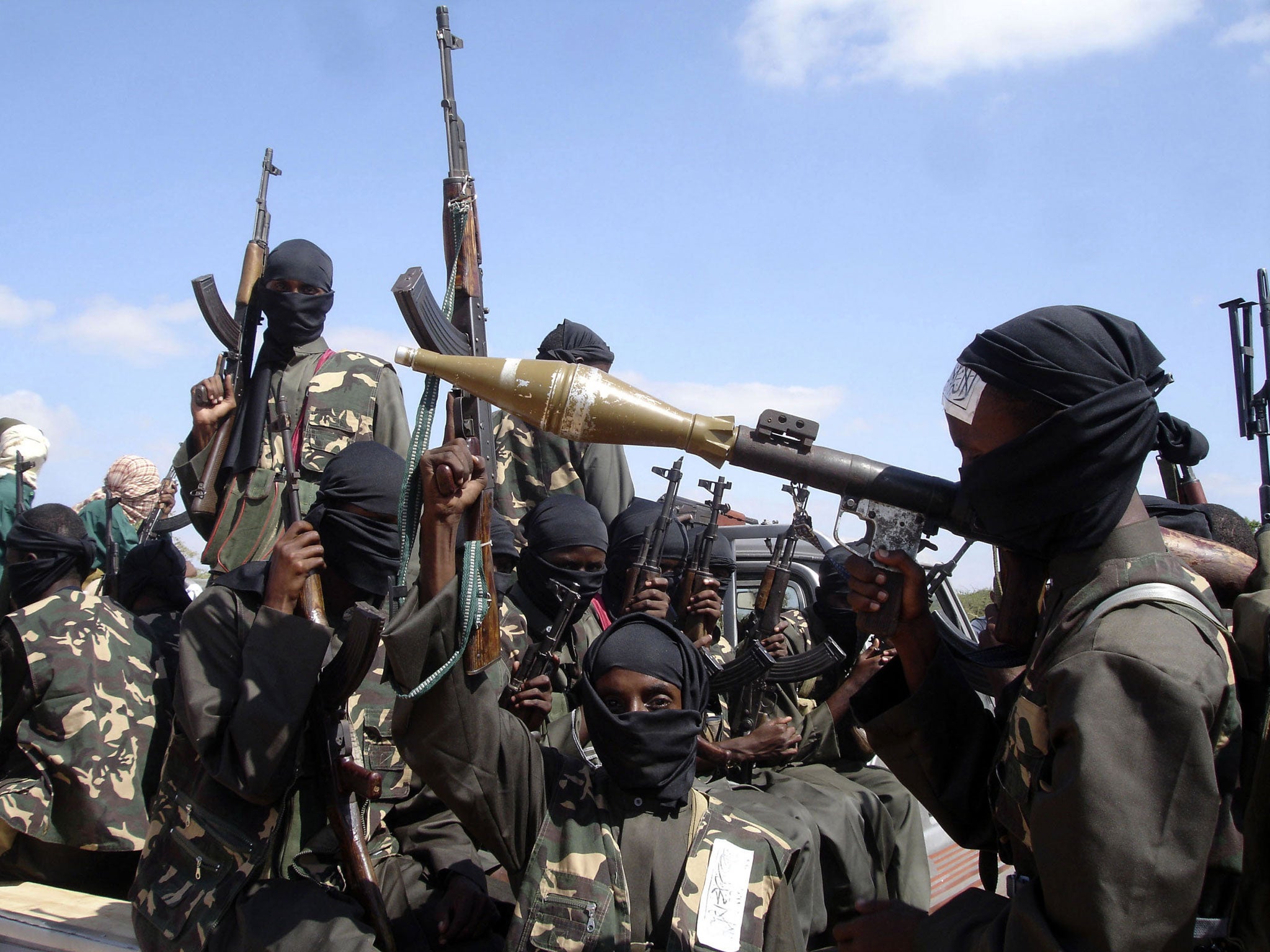World Focus: Fragile gains for Somalia as world gathers in London to discuss the country's future
Peace has returned to the Somali capital Mogadishu – but progress is elusive

In many ways Hassan's toils are evidence of Somalia's recent advances. The 11-year-old boy hauls backbreaking loads of car parts back and forth at a garage in the decrepit but busy capital, Mogadishu. He rolls hulking wheels through the oil-stained dirt and staggers under the weight of a car window. There are no breaks, no days off and no pay. There are also few other choices. His mother died from dysentery three years ago and his father's new wife chased him out of the house: “I just work for food to live, my job doesn’t offer a brighter future.”
The comparative peace that has arrived in Somalia's seaside capital has returned human and mechanical traffic to its streets. Money from the vast Somali diaspora has poured back in and small businesses have mushroomed. It has left stark divides between those who lived abroad during the more than 20 years of war and those who remained. In some ways worst off of all are those born during the war.
In theory Hassan is an apprentice but in reality he has learned little and earned less in three years at the garage. His boss has no interest in teaching the boy anything he might use to get his own clients one day. His pay is two basic meals a day. And if Hassan doesn't want to work at the garage then there are thousands of other boys, many of them living in refugee camps or squatting in derelict buildings, who will take his place.
As international donors meet in London on Tuesday to discuss the future of Somalia there will be much discussion of how to build on the political and security gains made in the last 18 months. The fact that a boy like Hassan is working as an unpaid apprentice instead of a child soldier will be touted as progress.
But progress in Somalia is fragile and uneven. More than 50 governments are due to attend the event, co-hosted by the Somali government and the UK authorities, where they are expected to pledge more aid. Without international support, and the leverage that offers, recent gains could be quickly reversed.
"International goodwill for the new Somali leadership and its proposed reforms should not mean unqualified support," said David Mepham, from Human Rights Watch.
Much has been made of the first Somali president to be elected since the collapse of the central government and the descent into civil war in 1991. But Hassan Sheikh Mohamud was selected, not elected. He was chosen by a new tranche of unelected MPs after days of clan-based political horse-trading in a deeply flawed process last September. The fact that the former university dean and civil rights activist was an improvement on his predecessor, Sheikh Sharif Sheikh Ahmed, was almost accidental, analysts concur.
The security gains since radical Islamists, al-Shabaab, left Mogadishu at the height of the famine two years ago, are constantly threatened. At the weekend a car bomb was rammed into a convoy of Qatari officials travelling with Somalia's interior minister. Neither the minister nor the visitors were injured but 11 bystanders were killed in the explosion.
Two weeks previously gunmen stormed the Supreme Court complex killing at least 30 people and fighting running gun battles with police and soldiers. Both attacks were claimed by al-Shabaab.
What peace there is in Mogadishu is underwritten by the African Union force, Amisom, paid for by Western donors. The city is teeming with men paid to bear arms but despite their various uniforms most remain primarily loyal to clan militia leaders rather than central authorities. This makes any effort at imposing discipline or accountability all-but impossible, critics say. The estimated 400,000 people living in often appalling conditions in the former famine camps that ring Mogadishu have been raped, beaten and stolen from by security forces.
The government's unfortunate response was a high-profile, groundless prosecution of a woman who alleged rape by government forces and of the journalist who interviewed her. Both were eventually released, but only after sustained international criticism of the authorities.
In the build-up to London, Somalia's latest government has received fresh signs of international support. Last month Britain reopened its embassy in Mogadishu after a 20-year hiatus. Before that, senior officials from the World Bank visited to discuss debt relief.
There is a danger that Mr Mohamud becomes more popular abroad than his is at home. Neither the northern breakaway Somaliland, nor the semi-autonomous region of Puntland are attending the London conference.
The president's performance so far has been underwhelming, says Abdi Aynte from the Heritage Institute for Policy Studies, Somalia's first think tank.
“The gains made in the last two years are real but reversible,” said Mr Aynte. “They're fragile because there are few institutions that can build upon them. The real risk is that we lose momentum and with it optimism. That would return this country two decades back.”
Subscribe to Independent Premium to bookmark this article
Want to bookmark your favourite articles and stories to read or reference later? Start your Independent Premium subscription today.

Join our commenting forum
Join thought-provoking conversations, follow other Independent readers and see their replies